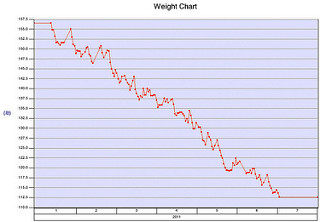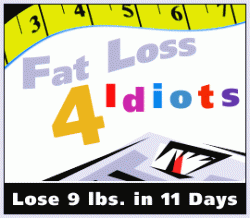Operant Conditioning: What Is It and How Works
Operant conditioning is a form of learning that uses consequences to change behavior. It is based on the principle that behavior that is reinforced is more likely to be repeated, while behavior that is punished is less likely to be repeated.
How Operant Conditioning Works
B. F. Skinner an American Psychologist was a behavioral psychologist who developed the operant conditioning theory in the early 1900s. Skinner's theory is based on the idea that all behaviors are learned and can be changed through conditioning.
Operant conditioning works by manipulating the consequences of a behavior. When a desired behavior occurs, it is rewarded. This makes it more likely that the behavior will be repeated in the future. Conversely, when an unwanted behavior occurs, it is punished or not rewarded. This makes it less likely that the behavior will be repeated in the future.
The key concepts in operant conditioning are positive reinforcement, negative reinforcement, positive punishment, and negative punishment.
Positive reinforcement occurs when a desired behavior is followed by a positive consequence, such as praise or a treat. Positive reinforcement makes it more likely that the behavior will be repeated in the future.
Negative reinforcement occurs when an unwanted behavior is followed by the removal of a negative consequence. Negative reinforcement makes it more likely that the behavior will be repeated in the future.
Positive punishment occurs when an unwanted behavior is followed by a negative consequence. Positive punishment makes it less likely that the behavior will be repeated in the future.
Negative punishment occurs when a desired behavior is followed by the removal of a positive consequence. Negative punishment makes it less likely that the behavior will be repeated in the future.
Examples of Operant Conditioning
Here are some examples of how operant conditioning can be used to change behavior:
Positive reinforcement: A child is given a sticker every time they clean their room. The child is more likely to continue cleaning their room if they receive a reward.
Negative reinforcement: A parent removes their teenager’s cell phone when they break curfew. The teenager is more likely to come home on time if they avoid having their cell phone taken away.
Positive punishment: A student is given a time-out when they disrupt the class. The student is less likely to disrupt the class if they avoid being sent to time-out.
Negative punishment: A teacher does not allow a student to go on a field trip if they fail to complete their homework. The student is more likely to complete their homework if they want to go on the field trip.
Operant conditioning is a powerful tool that can be used to change behavior. It is important to use it ethically and with caution, as it can also be used to manipulate and control people.
Applications of Operant Conditioning
Operant conditioning has been used in a variety of settings to change behavior, including:
* Education: Teachers can use operant conditioning to reward students for good behavior and punish them for bad behavior. This can help to create a positive learning environment and improve student achievement.
* Parenting: Parents can use operant conditioning to reward their children for good behavior and punish them for bad behavior. This can help to teach children right from wrong and promote positive behavior.
* Animal training: Animal trainers use operant conditioning to train animals to perform specific tasks. This can be done by rewarding the animals for desired behaviors and punishing them for undesired behaviors.
* Behavior modification: Operant conditioning can be used to modify a wide variety of behaviors, including addictions, eating disorders, and anxiety. This can be done by identifying the target behaviors and then using positive reinforcement or negative reinforcement to change them.
Operant conditioning is a versatile tool that can be used to change behavior in a variety of settings. It is important to use it ethically and with caution, but when used properly, it can be a powerful force for good.
-
How to Go on the Cabbage Soup Diet
The cabbage soup diet requires you eat large amounts of cabbage soup
-
Fat Loss Factor Was Simply Too Simple Before, These Days Its Almost Impossible
Why are they essential? Carbohydrates serve essential functions in t
-
Walking 101
All the great stuff about walking in one wonderful poster! Wal
-
10 Minute Full Body Workout That Burns A Crazy Amount Of Fat
Want to sneak in a full body workout in just a few minutes? This quic
-
Olivia Wins Biggest Loser 11
Wow what a finale of Biggest Loser 11. Almost everyone came back
-
Several Very Good Reasons Why Diets Do Not Work The Way They Are Supposed To
Considering the number of overweight and obese people in the world, i
- About Tips
- Follow These Tips If You Are You Trying To Lose Weight
- Doctors Explain The MAIN Thing That Sabotaging Your Weight Loss
- Weight Loss And Getting To Your Target Weight
- How to Get Rid of Flabby Arms
- Tiny Goals I Set That Helped Me Drop 40 Pounds—And Deadlift 255 Pounds!
- How to Lose Weight in 3 Weeks and Keep It Off
- Weight Loss Without Effort
- Fasting To Lose Weight -How Fasting Can Help With Weight Loss
- What Is The Correlation Between Exercise And Weight Loss?
- How a Little Known Software Tool Helps You Get Rid of Fat!



